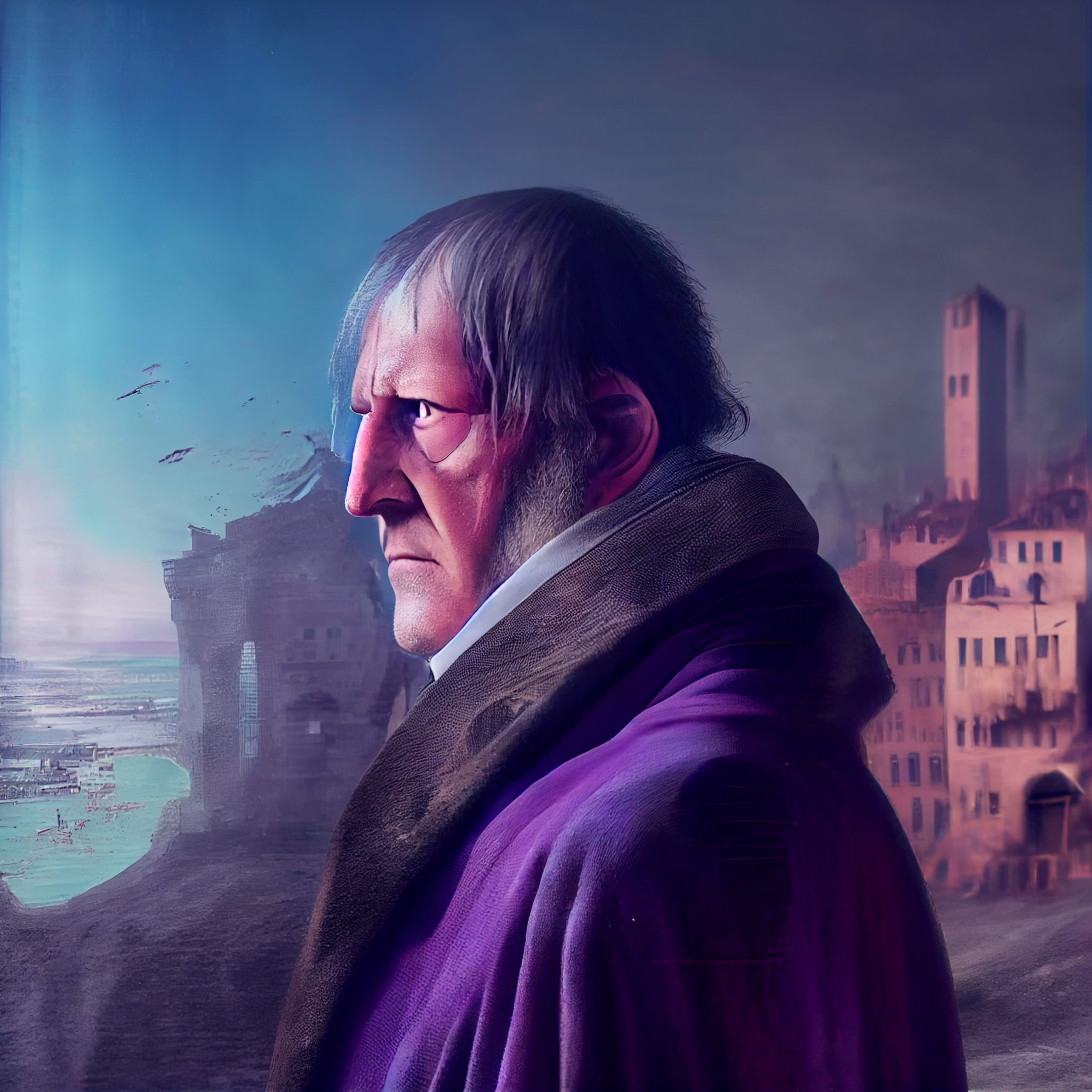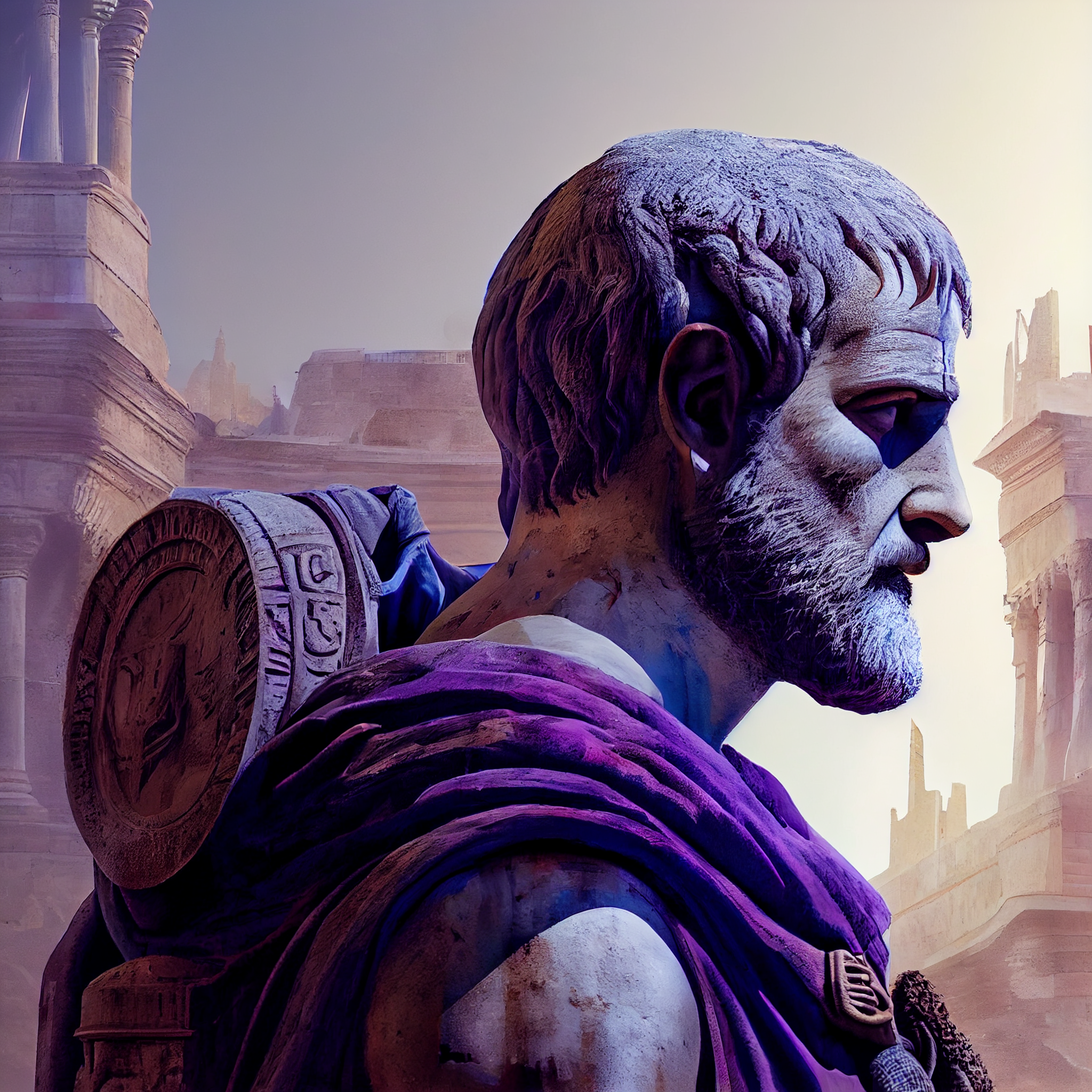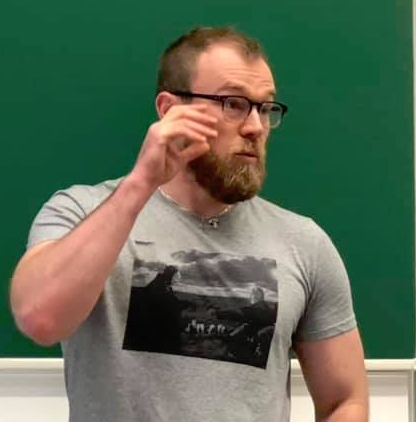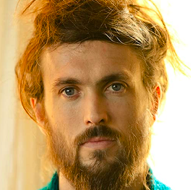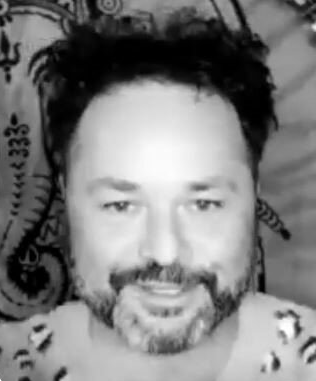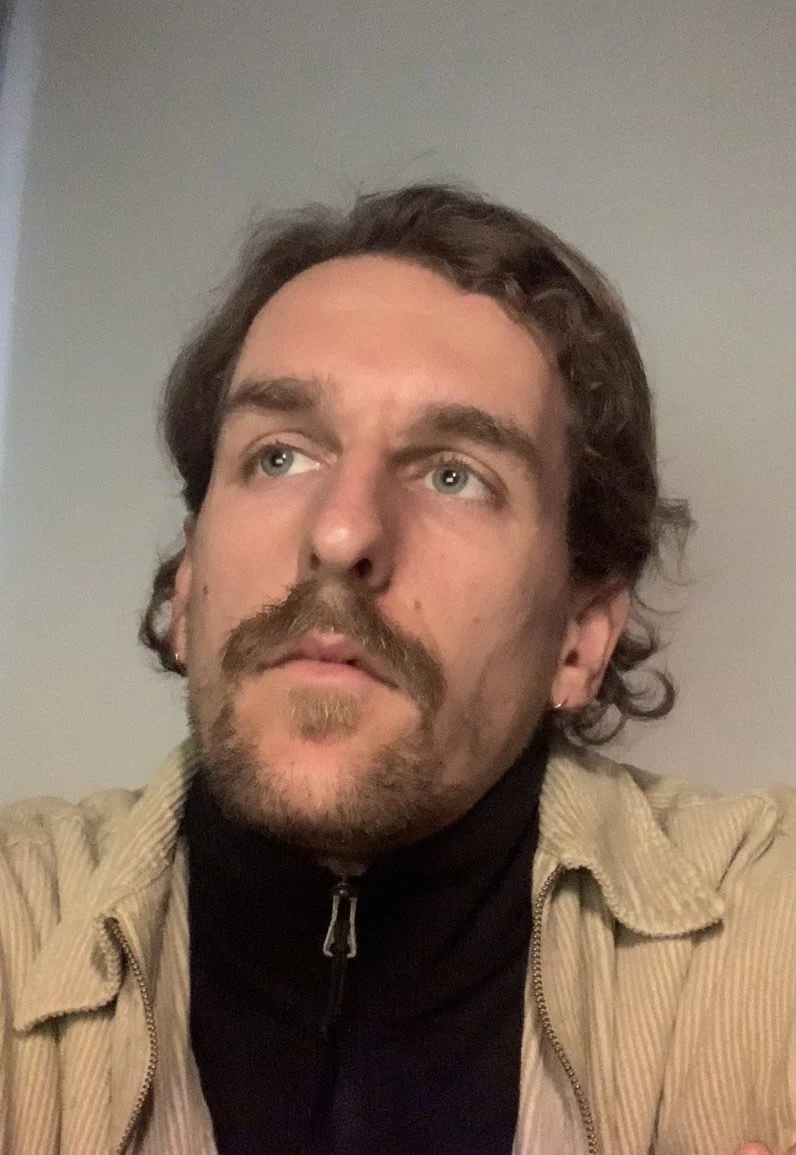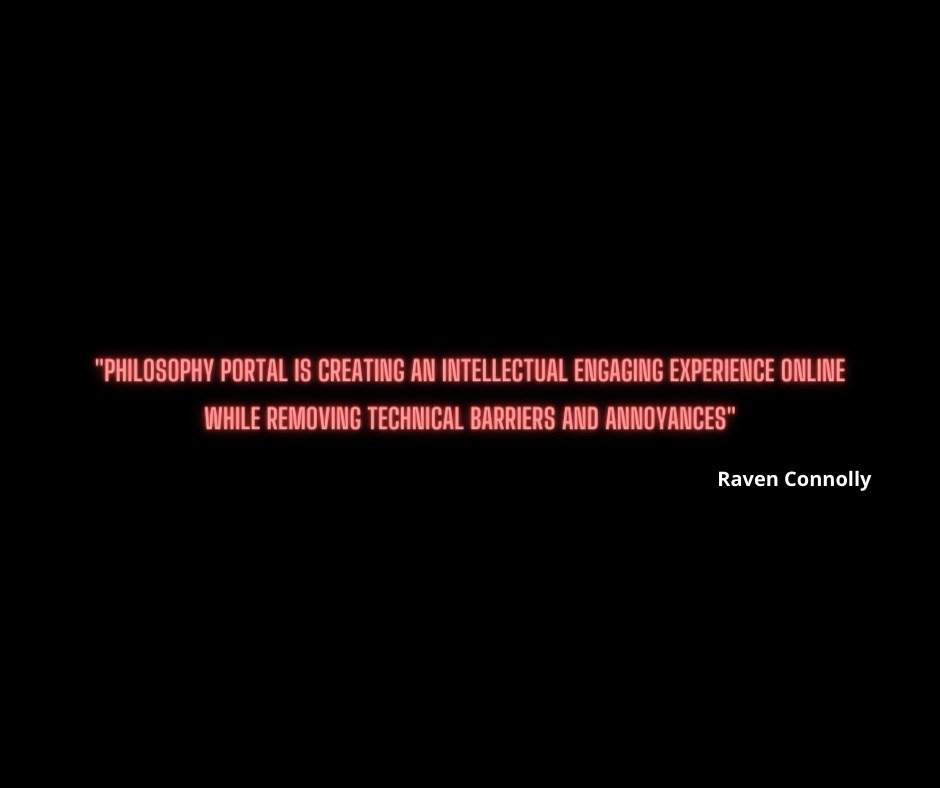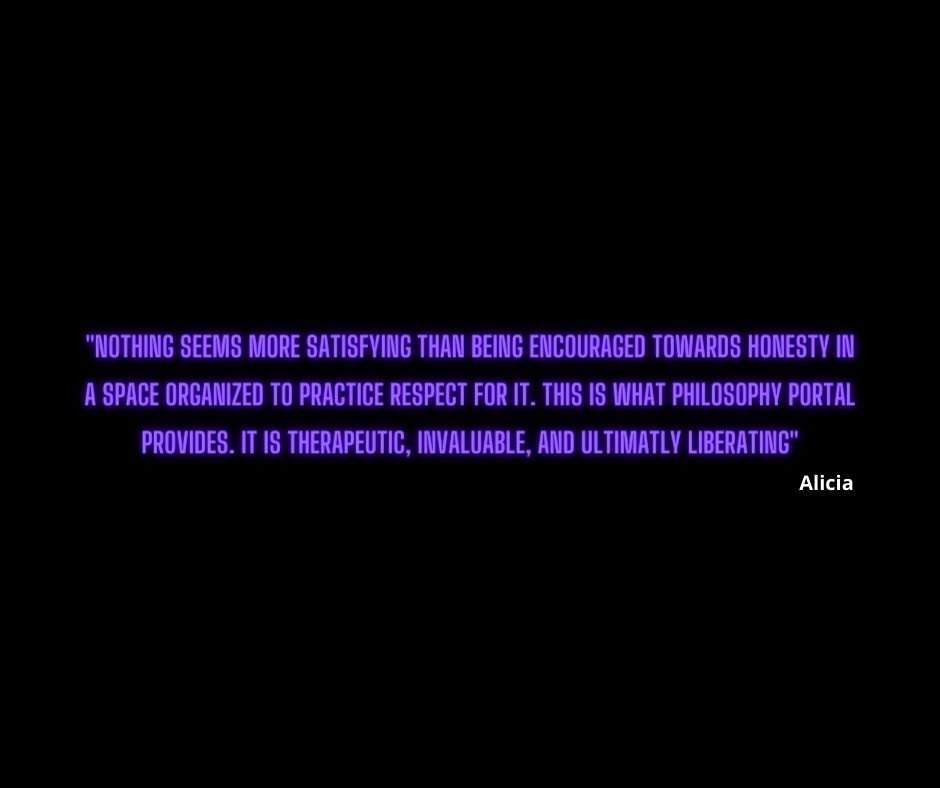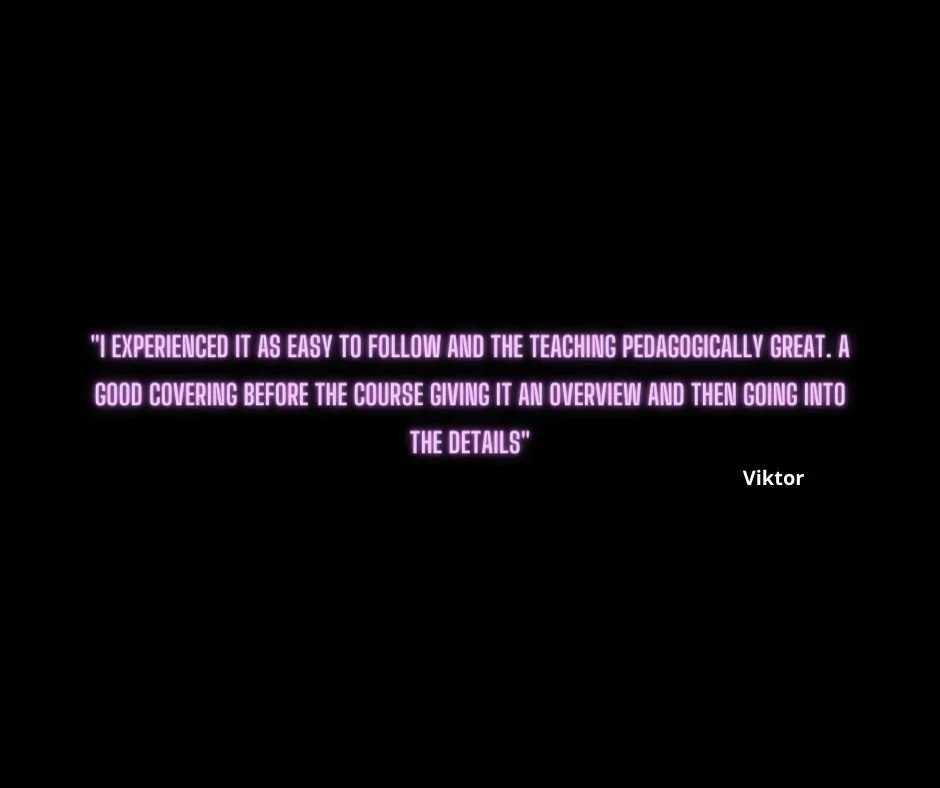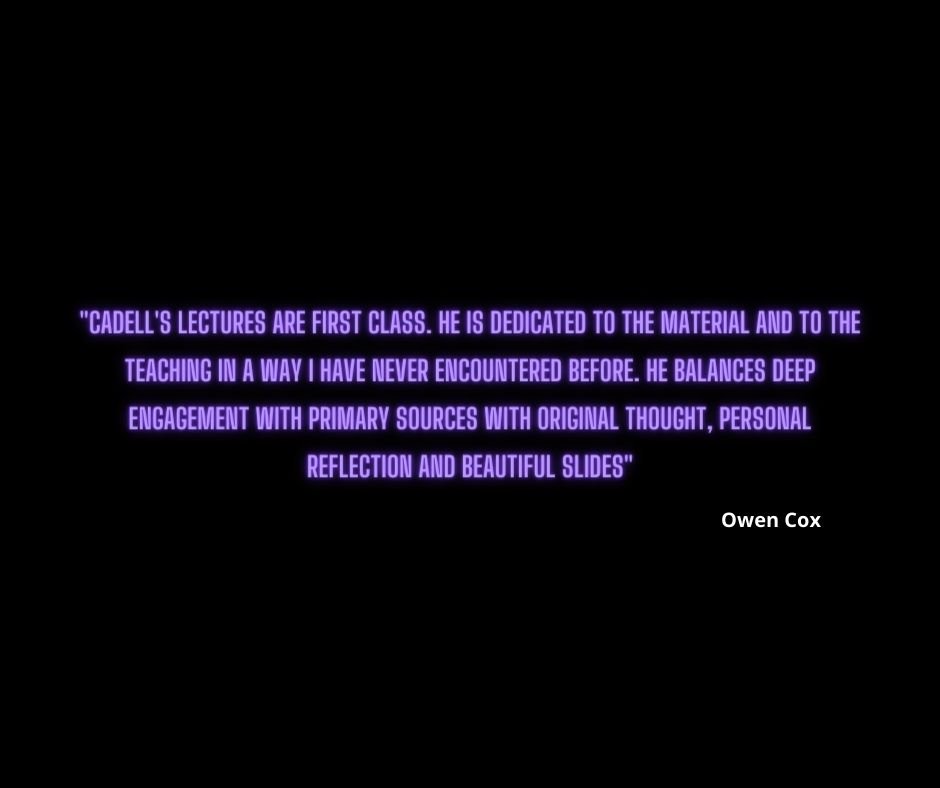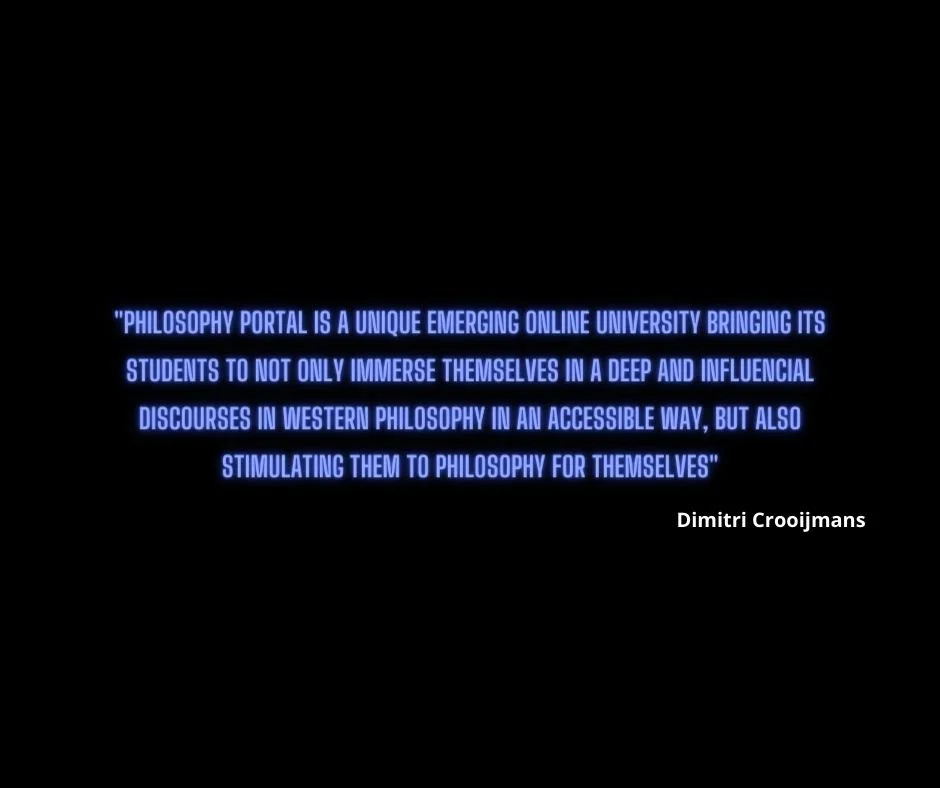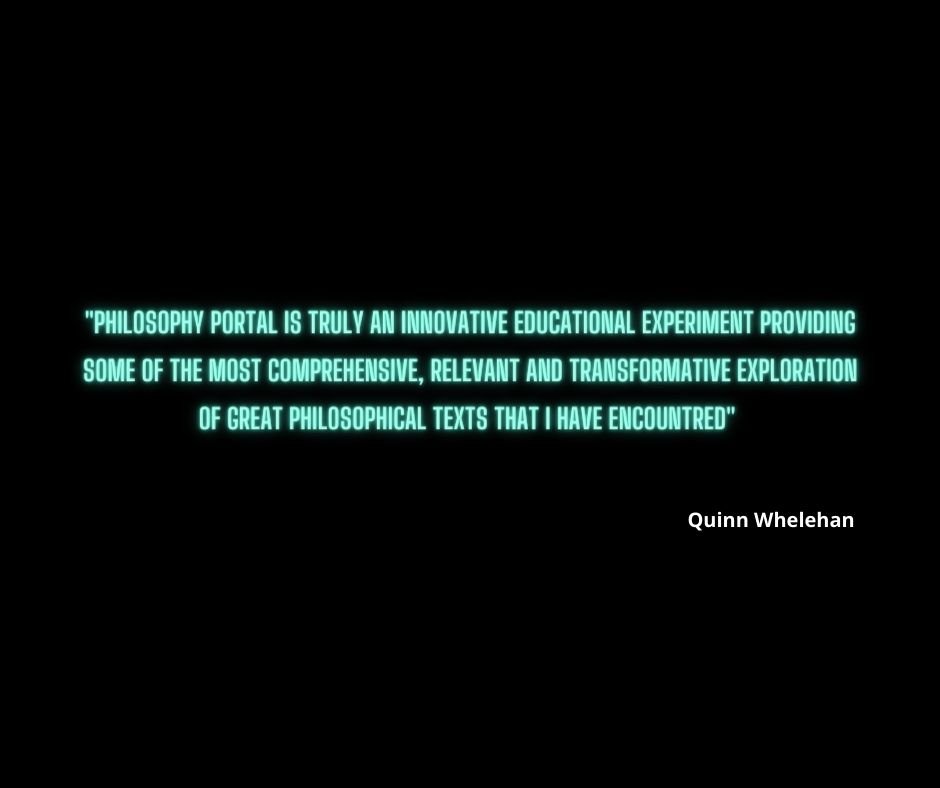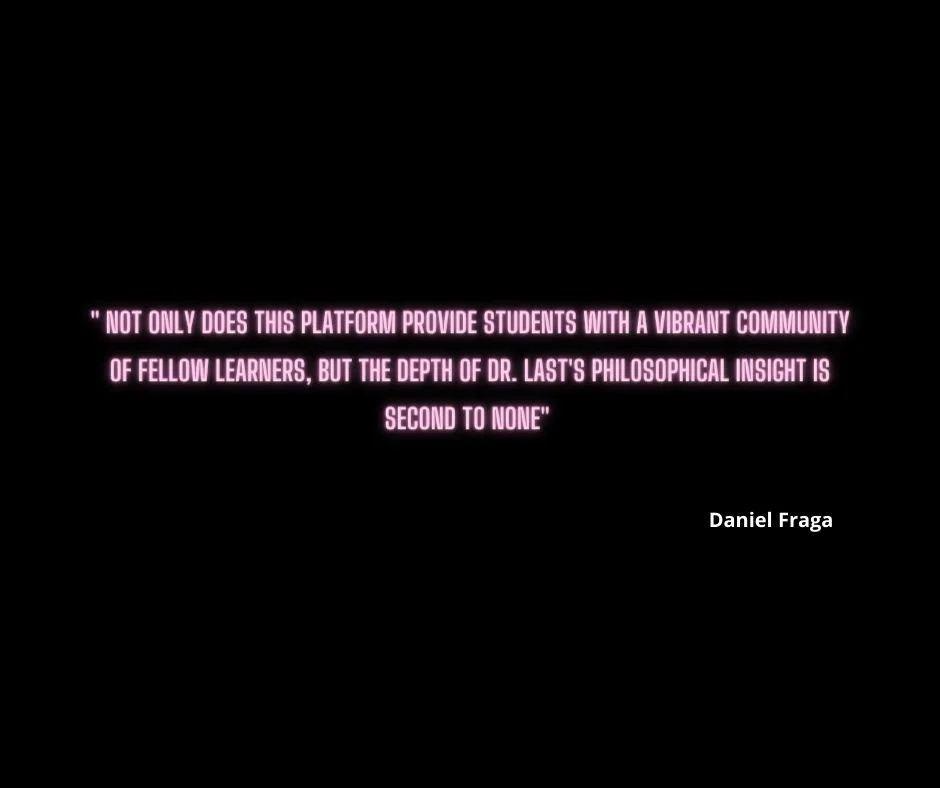
Science of Logic Course
Find the key to modern logic
Enter or sign up below

The foundations of our logic remain unchanged from their ancient root
We need to mature our logic to inhabit the growths of the modern world
The foundations of our logic are inherited from Aristotle, and have not changed for 2,000 years. Hegel’s Science of Logic is an attempt to reinvent our understanding of logic to the standards of the modern scientific universe, bringing the tools of science to the nature of our subjectivity itself.
The Science of Logic course is designed to open a window into how Hegel’s philosophical reinvention can mature your intellectual growth and self-reflexion
This class aims to provide a detailed introduction to this work and sense-make the science of logic in relation to your personal/professional life :
Understand how Science of Logic teaches objectivity of discourse, whereas material sciences teach objectivity of external things
Assimilate the foundations of Logic updated to Modern world in relation to subjective desire for knowing and freedom
Develop a deeper reflective categorisation with the aim to confront the Logic of Life and Death itself
Go beyond this basic categorical oscillation so you can inhabit a new perspective on becoming and language
Learn how a Philosopher embodies the relationship between language and life
Explore the nature and truth of the logical unfolding of stories

What can you get after signing up ?
-
What can you get after signing up ? -
Recorded classes with open-ended discussion spaces, question and answer sessions
A lifetime access to complete lectures on every section of the Science of Logic, including 12 classes focusing on each section of the book
Teachings from 6 experts on metaphysics, life, music, maths, A.I., religion, connecting Science of Logic, from Hegel’s now to ours

Your teacher
-
Your teacher -
Cadell Last
Cadell Last (Ph.D.) is a philosopher with a background in anthropology, history and interdisciplinary studies. He started his intellectual journey in a type of perplexity and wonder about the human condition. This journey was first mediated by an interest in temporality: the whole history of the universe and its potential far future, resulting in his doctoral thesis: Global Brain Singularity. But has gradually gravitated towards deep focus on thinking the present, inclusive of all its knots, cracks and negativities. In this gravitation, there has been a recognition of the importance of foundational discourses in the history of philosophy, psychology and existentialism, which is his primary motivation in establishing Philosophy Portal.

Your expert panel
-
Your expert panel -
Thomas Hamelryck
Thomas Hamelryck will teach you computation and artificial intelligence
Thomas Hamelryck is a researcher in bioinformatics, Bayesian statistics and probabilistic machine learning.
In addition, he uses the work of the French anthropologist Rene Girard to understand the interplay between archaic human nature and the modern digital network.
(The Logic Dialogues: Brain Science and Artificial Intelligence)
Daniel Garner - O.G Rose
Daniel will teach you Hume’s return to common life.
O.G. Rose spent several years working collaboratively with other artists at Eunoia, a creative community
Rose helped develop, and now lives on a farm, manages a wedding venue named Mead Lake Lodge, and teaches piano using visuals from the DLG Pattern Method. A finalist for the UNO Press Lab Prize and Pushcart Nominee, Rose’s creative works appear at The Write Launch, Iowa Review, Burningword, Broken Pencil, and elsewhere, with published works on Amazon.
Alex Ebert
Alex will teach you music and creativity
Alex Ebert is an incidental musician and philosopher (among too many other things, incidentally). His interest in Hegelian philosophy began (unbeknownst to him) more than a decade ago, with his development of a peculiar mathematical function (magnetic zeros).
Said function is now the centerpiece of his Hegelian philosophy of sublation (freQ theory), and, for better or worse, serves as his platinum-selling band’s name.
William Rupush
William will teach you mathematics and category theory
Educational background in mathematics, physics and astronomy. Currently in a PhD program with a project on quantum control for material science.
Layman Pascal
Layman will teach metaphysics of adjacency
Layman Pascal is a feral philosopher, postmetaphysical nondualist & metamodern apocalyptarian bon vivant. He is co-chair of the Foundation for Integral Religion and Spirituality, host of The Integral Stage podcast series and author of numerous idiosyncratic works on depth philosophy, revised spirituality and politics. Track him down on his Q&A Substack or check out his courses at the Parallax Academy.
Thomas Winn
Thomas will teach you Heidegger’s Hegel.
Thomas Winn is a PhD student who is working on the intersection between nihilism in postmodernity and the question of determinate Being. In this work he focuses on the thought of Martin Heidegger, Friedrich Nietzsche, and a range of contemporary philosophers that share a similar direction in their response to the problem of the question of Being. From this exploration he has come to speculate on the fundamental problems of relativity/contingency and the possibility of absoluteness, which has opened a connection between the already-present passage from Nietzsche to Heidegger, and Hegel, as the philosopher of absolute knowing.
Check our reviews on
Pre-Course Sessions
Pre-Course Session 1:
Formative Moments 1801-1807
Pre-Course Session 2:
Phenomenology of Spirit 1807
Pre-Course Session 3:
Kant’s Critique, Fichte’s Freedom
Pre-Course Session 4:
Hegel’s Logical Response
Pre-Course Session 5:
Hegel’s Logic
